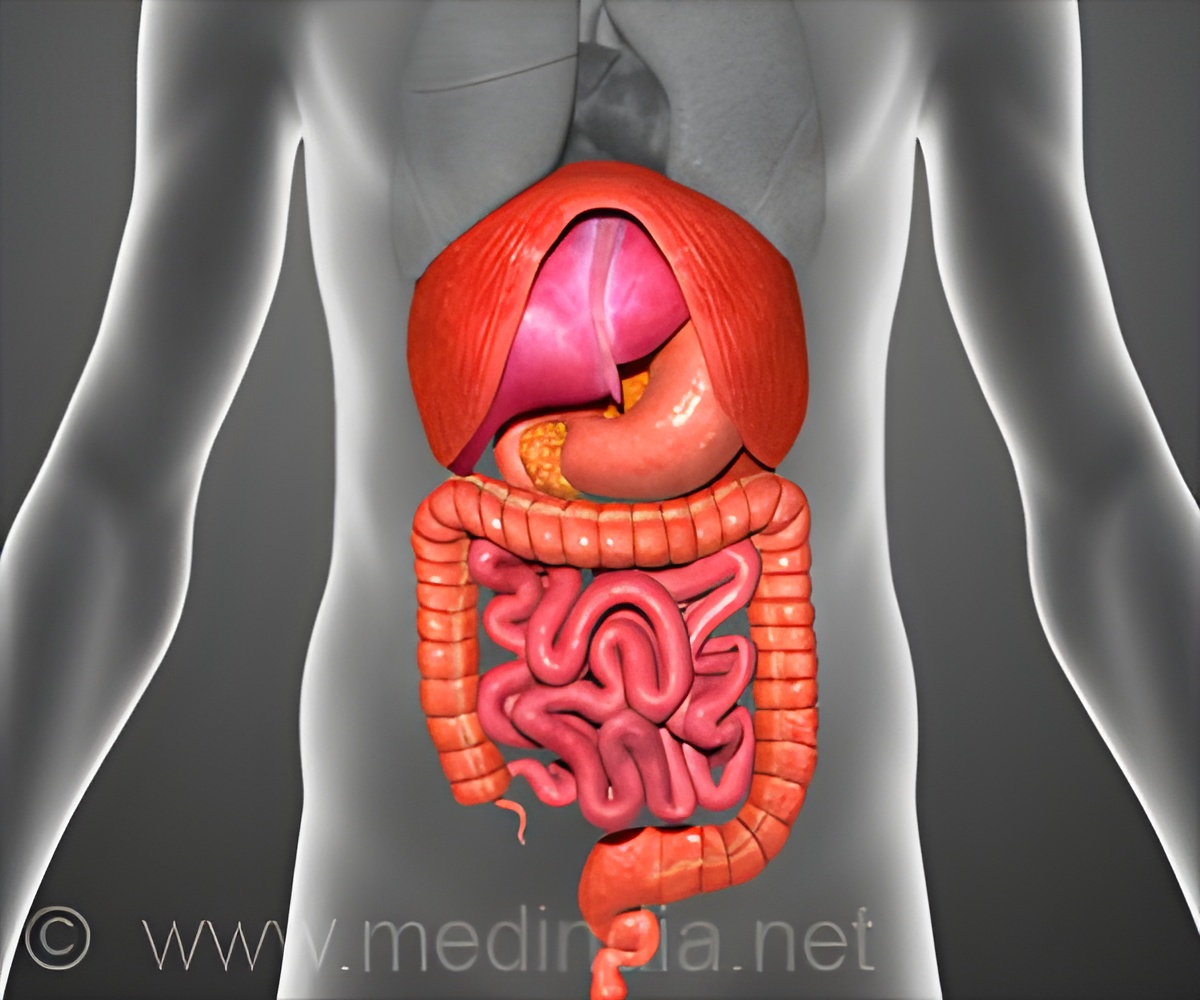Poor nutritional choices, including a high intake of ultra-processed foods and trans-fats, are putting millions of Europeans at an increased risk of a range of chronic digestive diseases.

‘The European Commission and national governments need to act now on initiatives to change the way in which we buy and consume food, having in mind that we should be able to achieve a European-wide transformation to healthy diets by 2050.’





The Ultra-processed Food Endemic The report outlines how ultra-processed foods, which are often high in fat, added sugar and salt, now frequently contribute to up to half of modern European energy intake and, in some countries, over 75% of mean energy intake.
Consumption of ultra-processed foods has dramatically increased in recent decades, with common examples including soft drinks, confectionary, crisps and frozen ready meals. Studies have shown that the consumption of ultra-processed foods is associated with an increased risk of cancer and suggest that the rapidly increasing consumption of these food types may be driving the growing cancer burden. A 10% increase in the proportion of ultra-processed foods in the diet, for example, is associated with a 12% increased overall cancer risk.
In addition to a raised risk of chronic diseases, high consumption of these foods also increases the prevalence of obesity. Alarmingly, over half (52%) of the EU's population aged 18 and over is now overweight or obese and 1 in 3 of Europe's school children are estimated to be overweight. "Obesity, often driven by poor nutritional choices, increases the risk of a range of serious digestive health conditions and causes a significant healthcare burden, high societal costs, misery for patients and, ultimately, shortens lives", explains Professor Markus Peck, Department of Internal Medicine and Gastroenterology at Klinikum Klagenfurt am Wörthersee, Austria. "Healthy balanced diets and lifestyles can help prevent chronic digestive diseases but the difficulty we face is ensuring our citizens make the right choices in following these lifestyles."
An Action Plan for Europe
Advertisement
Less than 10% (<50 grams), but ideally 5%, of total daily energy intake of sugar
Advertisement
Less than 1% of total daily energy intake of trans-fats
Less than 5g of salt per day
"If we are to fight the burgeoning prevalence of overweight, obese and unhealthy people in Europe, and the healthcare burden and loss of life that it brings, then we must act now", concludes Professor Peck.
Source-Eurekalert











